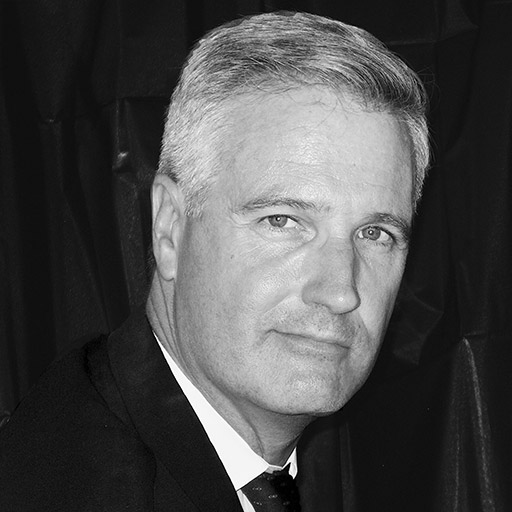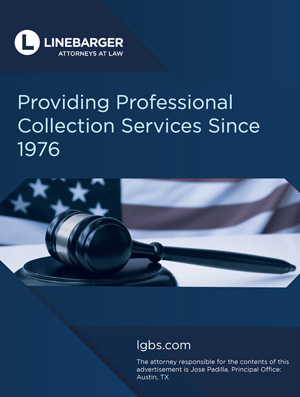After Two Years of COVID: What Do We Know Now About Courts, Safety, and Privacy?
These last two turbulent years have brought into sharp relief the dynamic tension between a court’s duty to keep both employees and the public safe, and the duty to respect the privacy and the personal choices of those very same employees and the public. This conversation is taking place at a time when many of us thought (or at least hoped) that these kinds of discussions were behind us. We could move on. Yet, as of December 2021, the recent appearance of yet another COVID variant has raised a new round of concerns.
Three examples suggest points where work life has become increasingly intrusive, yet employees and the public are still at risk.
- As court offices reopen, some returning employees have refused to disclose their vaccine status. This can put those very same employees, as well as others, at a higher risk of contracting COVID.
- As more courthouses open again for staff and the public, some members of the public refuse to disclose their vaccine status and refuse to wear a mask. Security at the front door has occasionally refused them entry; they are therefore being denied access to justice.
- Courthouses, as public buildings, need to be accessible to the public. However, there have been instances of employees being attacked by individuals (see “Employee Attacked in King County Courthouse Bathroom: 1 Arrested,” The Columbian, July 30, 2021).
Three canons of NACM’s Model Code of Conduct for Court Professionals come into play when discussing this dynamic tension:
- NACM Canon 1.1 states that a court professional faithfully carries out all appropriately assigned duties.
Is not the safety of court employees and the public a fundamental duty? What could be more basic than ensuring the health and well-being of the staff and public that comes to the courthouse every day? - NACM Canon 1.3 states that a court professional must make the court accessible.
Presumably, the courthouse must be accessible to the public and its employees. Can court security limit public access by demanding to know if an individual has legitimate business in the courthouse? - NACM Canon 2.7 states that a court professional respects the personal lives of litigants, the public, and employees.
How intrusive can security personnel get in demanding to know about the medical background and business of the public and employees?
Today’s panel includes:
Courtney Whiteside, Court Administrator for the Municipal Court, in St. Louis, Missouri
Supervisors at St. Louis Municipal Court are back in the office, but staff rotate between home and their work site. Employees must attest to being vaccinated (except for medical and religious exemptions). Those not vaccinated must test every seven days. The county requires masks. People are not allowed entrance to the courthouse if they have a temperature, but most locations do not take the temperatures.
Barbara Marcelle, Trial Court Administrator for the 4th Judicial District in Portland, Oregon
About two-thirds of employees in Barbara’s court come into the office. She expects nearly all will be onsite by January. The chief justice has required all staff and judges to be fully vaccinated (except for medical and religious exemptions). Those not vaccinated must test twice a week. Masks are required when one is not in a private office. To avoid large groups of potential jurors, Barbara’s court went to remote jury selection. The court will return to in-person voir dire in January. The public is rarely refused entry into the courthouse, only in extreme circumstances.
Karl Thoennes, Trial Court Administrator for the 2nd Judicial Circuit Court in Sioux Falls, South Dakota
Karl’s court never closed. Around the middle of 2020 about a quarter of staff worked remotely. Now, nearly all employees are back in the office. The court has no mask or vaccination requirements other than any employee or member of the public who tests positive for COVID should not come to the courthouse. They do not take temperatures.
Watch the video conversation:
https://youtu.be/dba_ksi5hKQ
39 minutes 29 seconds
Listen to the audio conversation:
38 minutes 6 seconds
Leave a question or comment about the episode at ethics@nacmnet.org.



